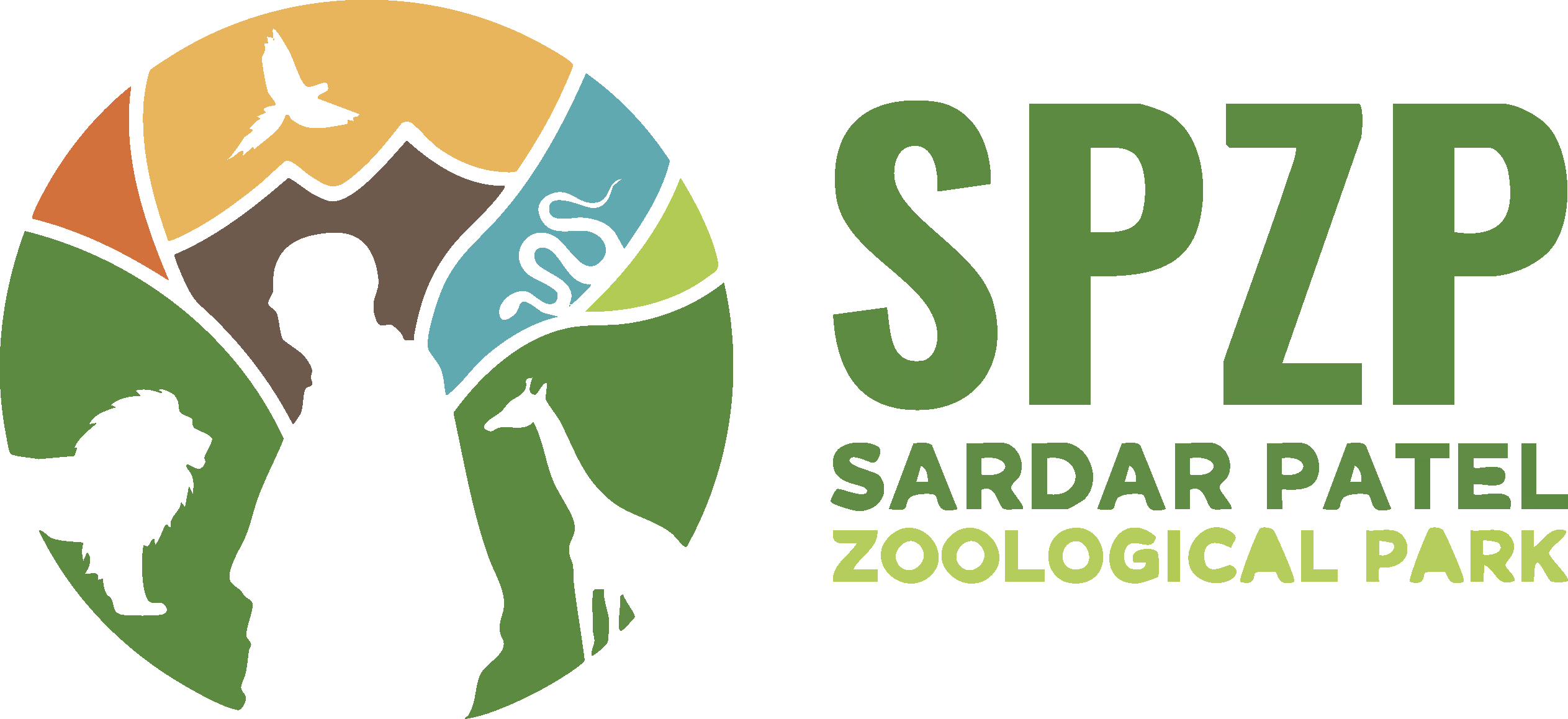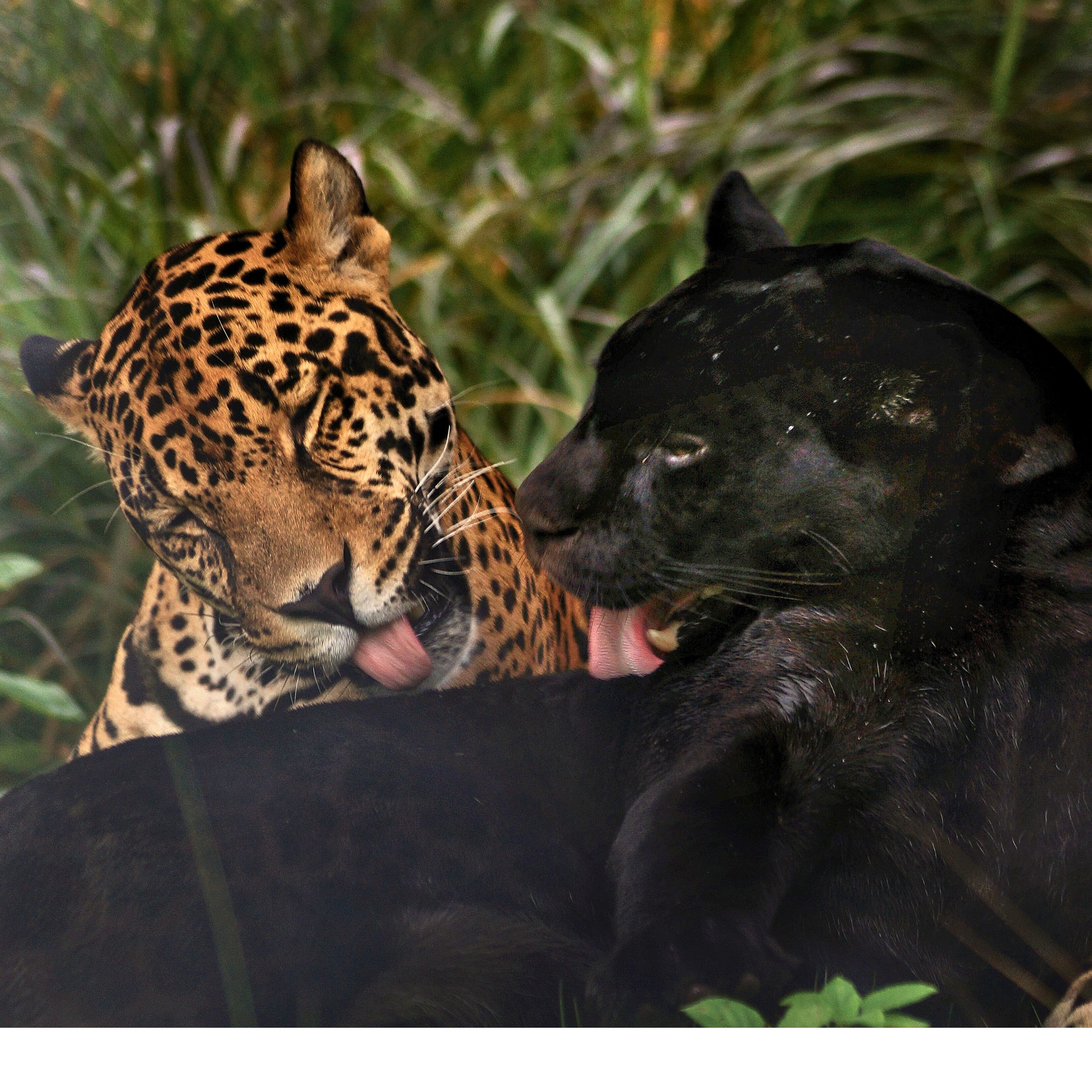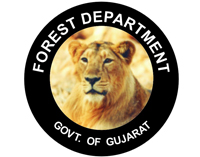Every year, the forests and villages around Gujarat face moments of crisis — a leopard trapped in conflict, an injured bird unable to fly, a temple elephant needing urgent care. When those calls come in, the Sardar Patel Zoological Park veterinary team springs into action.
In 2024-25, SPZP's rescue and rehabilitation unit responded to 15 wildlife emergencies, working hand-in-hand with the Kevadia Forest Division to provide life-saving treatment and eventual release back into the wild.
The Rescue Protocol
Every rescue begins with a written request from the forest authorities. SPZP doesn't retain these animals — the mission is clear: stabilize, treat, and release.
Upon arrival at SPZP's veterinary hospital, each animal undergoes:
- Triage assessment — immediate first aid and pain relief
- Diagnostic imaging — X-rays and ultrasounds to assess injuries
- Surgical intervention if needed — from wound repair to fracture stabilization
- Post-operative care — monitoring in specialized recovery enclosures
Once clinically sound and behaviorally normal, animals are released at the exact location of rescue, ensuring they return to familiar territory.
Success Stories from 2024-25
Leopards Leading the List
Of the 15 rescues, 7 were Indian leopards — a testament to the increasing human-wildlife interface in Gujarat's expanding landscapes.
One remarkable case involved a leopard cub suffering from hind-limb paralysis caused by a haemoprotozoan infection. After weeks of intensive care, anti-parasitic treatment, and physical therapy, the cub regained mobility and was successfully released.
Another adult leopard arrived with severe injuries from a territorial conflict. The veterinary team performed emergency surgery, microchipped the animal for future monitoring, and administered vaccines before rehabilitation.
Temple Elephant Care
SPZP also stepped in twice to care for an Indian elephant from Swaminarayan Temple, Nilkanthdham Poicha — providing health check-ups, hoof care, and nutritional assessments to ensure the animal's well-being in captivity.
Avian Rescues
Birds often face unique challenges — from window collisions to respiratory infections. This year, SPZP treated:
- A Shikra (small raptor) with wing injuries
- A Spotted Owlet found disoriented within zoo premises
- An Alexandrine Parakeet suffering from respiratory illness
Each bird received species-specific care, including pain management, fluid therapy, and safe enclosure until flight-ready.
Primate Interventions
Three Rhesus macaques and one Hanuman langur were brought in after conflicts or injuries. The zoo's primate care protocols ensured safe handling, reduced stress, and proper veterinary oversight before release.
Beyond Treatment: Long-Term Impact
Not every animal can return to the wild. Individuals that fail release fitness tests or pose ongoing conflict risks are transferred — with formal permission — to designated state rescue centers for long-term care.
This year, SPZP also collaborated with the Radhe Krishna Temple Elephant Welfare Trust (RKTEWT) to acquire and rehabilitate reptiles including corn snakes, boa constrictors, and iguanas previously kept in improper conditions.
The Team Behind the Rescues
SPZP's rescue operations are powered by:
- Dr. Ushma Patel (Veterinary Officer)
- Dr. Chetan Patond (Curator)
- 3 para-veterinarians and support staff
- Round-the-clock availability for emergencies
Their work extends far beyond zoo gates — treating wild animals in distress, caring for temple elephants, and mentoring veterinary interns who gain real-world wildlife medicine experience.
Looking Ahead
As human populations expand and wildlife habitats shrink, the need for professional rescue and rehabilitation will only grow. SPZP is committed to:
- Enhancing emergency response infrastructure
- Training more wildlife veterinarians
- Collaborating with forest departments across Gujarat
- Educating communities on coexistence strategies
Every animal that walks, flies, or slithers back into the wild is a victory — not just for SPZP, but for the delicate balance between humans and nature.
Want to support wildlife rescue efforts? Contact SPZP to learn about volunteer opportunities and conservation contributions.









